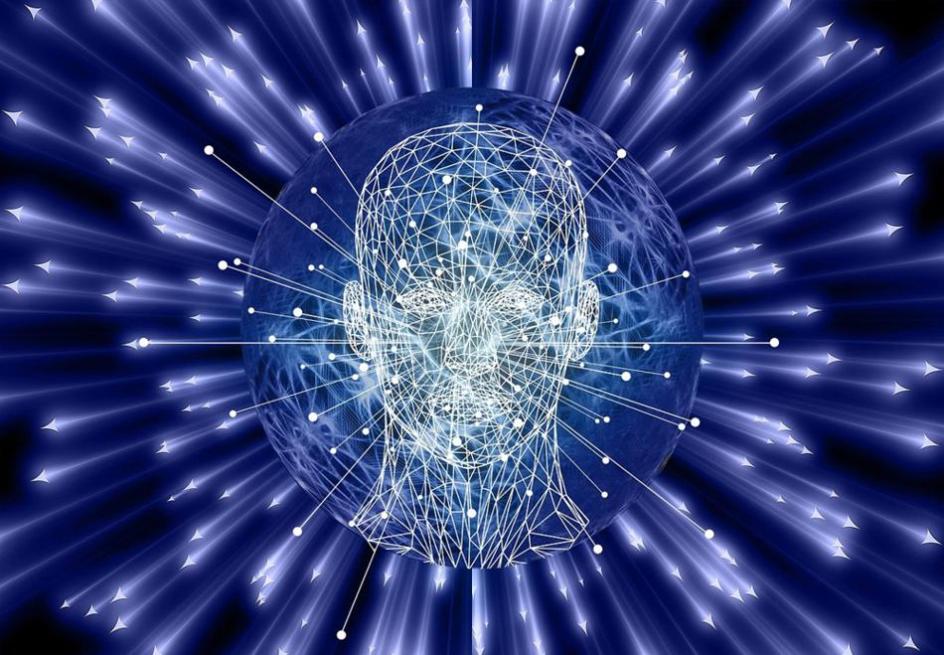What Are the Latest Discoveries in Brain Science?
Brain science, also known as neuroscience, is the study of the nervous system, particularly the brain. It encompasses various disciplines, including neurobiology, neuroanatomy, neurophysiology, and cognitive neuroscience. Understanding the latest discoveries in brain science is crucial as it provides insights into the intricate workings of the human mind, behavior, and consciousness.

Recent Advancements In Brain Imaging Techniques:
- Functional Magnetic Resonance Imaging (fMRI): fMRI measures changes in blood flow in the brain, allowing researchers to map brain activity associated with specific tasks or stimuli.
- Magnetoencephalography (MEG): MEG detects magnetic fields generated by electrical activity in the brain, providing high-resolution insights into brain function with excellent temporal resolution.
- Electroencephalography (EEG): EEG records electrical signals from the scalp, offering a non-invasive method to study brain activity, including brain waves and epileptic seizures.
- Positron Emission Tomography (PET): PET involves injecting radioactive tracers into the bloodstream to measure metabolic activity in different brain regions, aiding in the diagnosis of neurological disorders.
The Brain's Plasticity And Neuroplasticity:
- Definition of Neuroplasticity: Neuroplasticity refers to the brain's ability to change and adapt throughout life in response to new experiences, learning, and injury.
- Examples of Neuroplasticity in the Brain: The brain can reorganize its neural connections, strengthen existing pathways, and form new ones, enabling recovery from brain injuries, learning new skills, and adapting to changing environments.
- Implications for Rehabilitation and Recovery: Understanding neuroplasticity has revolutionized rehabilitation approaches for stroke, spinal cord injuries, and other neurological conditions, as it suggests that the brain can be retrained and reorganized to compensate for lost function.
Understanding Consciousness:
- Different Theories of Consciousness: Consciousness remains one of the most enigmatic aspects of brain science, with various theories attempting to explain its nature and origins.
- Role of the Brain in Generating Consciousness: Research suggests that consciousness arises from the complex interactions between different brain regions, particularly those involved in attention, memory, and self-awareness.
- Relationship between Consciousness and Other Brain Functions: Consciousness is closely linked to other brain functions such as perception, decision-making, and emotions, highlighting the interconnectedness of various brain processes.
Brain-Computer Interfaces (BCIs):
- Definition of BCIs: BCIs are devices that allow direct communication between the brain and external devices, enabling individuals to control computers, prosthetics, and other assistive technologies using brain signals.
- Types of BCIs (Invasive, Non-Invasive): BCIs can be invasive, requiring surgical implantation of electrodes into the brain, or non-invasive, using techniques like electroencephalography (EEG) or magnetoencephalography (MEG) to record brain activity from the scalp.
- Applications of BCIs in Medicine and Technology: BCIs have potential applications in restoring motor function in paralyzed individuals, enabling communication for those with severe disabilities, and advancing brain-controlled prosthetics and robotics.
Neurodegenerative Diseases And Brain Health:
- Alzheimer's Disease and Dementia: Alzheimer's disease is the most common cause of dementia, characterized by progressive memory loss and cognitive decline. Brain science is investigating potential treatments and therapies targeting the underlying mechanisms of the disease.
- Parkinson's Disease: Parkinson's disease is a neurodegenerative disorder affecting movement, balance, and coordination. Research focuses on understanding the role of dopamine in the brain and developing neuroprotective strategies to slow disease progression.
- Multiple Sclerosis: Multiple sclerosis is an autoimmune disease that affects the central nervous system, causing inflammation and damage to myelin, the protective sheath around nerve fibers. Brain science aims to identify the triggers of the disease and develop treatments to prevent or halt its progression.
Brain Development And Cognitive Function:
- Early Childhood Brain Development: The early years of life are critical for brain development, as neural connections are rapidly formed and strengthened. Research explores the impact of early experiences, nutrition, and environment on brain development and long-term cognitive outcomes.
- Effects of Environment and Experiences on Brain Development: The brain is highly adaptable and can be shaped by experiences throughout life. Environmental factors such as stress, trauma, and social interactions can influence brain development and cognitive function.
- Relationship between Brain Development and Cognitive Function: Brain development and cognitive function are closely intertwined. As the brain matures, cognitive abilities such as memory, attention, and problem-solving skills develop and become more refined.
Ethical Considerations In Brain Science:
- Privacy Concerns in Brain Imaging Research: The use of brain imaging techniques raises privacy concerns, as they can potentially reveal sensitive information about an individual's thoughts, emotions, and mental state.
- Ethical Implications of BCI Technology: The development of BCI technology raises ethical questions regarding autonomy, privacy, and the potential for misuse or coercion.
- Importance of Responsible and Ethical Use of Brain Science: It is crucial to ensure the responsible and ethical use of brain science, balancing the potential benefits of research and applications with the protection of individual rights and privacy.
Brain science continues to make remarkable strides in understanding the complexities of the human brain. From the plasticity of the brain to the mysteries of consciousness, the latest discoveries provide valuable insights into our thoughts, behaviors, and experiences. As brain science advances, it holds the promise of transformative treatments for neurological disorders, improved brain-computer interfaces, and a deeper understanding of the human condition. However, it is essential to navigate the ethical and societal implications of these discoveries responsibly, ensuring that brain science benefits humanity while respecting individual rights and privacy.
YesNo

Leave a Reply